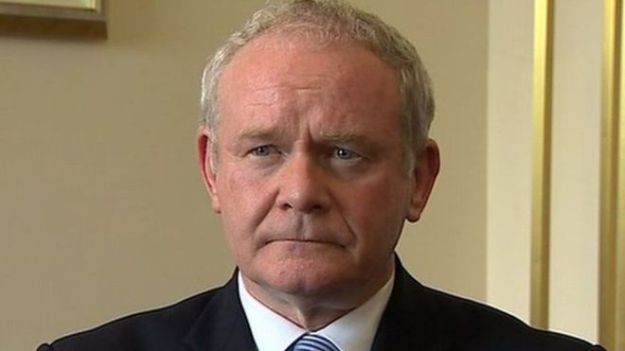No sooner were the votes counted in last month’s successful repeal of Ireland’s constitutional ban on abortion, than feminists and other liberals turned their attention to a new referendum. This time the targets are removing language about blasphemy and the women’s role in the home.
The Republic’s constitution “recognizes that by her life within the home, woman gives to the State a support without which the common good cannot be achieved. The State shall, therefore, endeavor to ensure that mothers shall not be obliged by economic necessity to engage in labor to the neglect of their duties in the home.”
Regarding blasphemy, the constitution says, “The publication or utterance of blasphemous, seditious, or indecent matter is an offence which shall be punishable in accordance with law.”
The referendum, likely in October, would be held alongside the presidential election – if one is called, Minister for Justice and Equality Charlie Flanagan said in a government statement. Both referendum issues are expected to cruise to easy passage with only minimal opposition.
But is the pendulum swinging too far to the left? As Father Gerard Moloney wrote in The Irish Times:
Now there is a sense that we have replaced one form of intolerance with another. Just as it was difficult to speak out against the cozy religious, social and moral consensus of 50 years ago, it is difficult to speak out against the dominant cultural mindset of today. … A new secular judgmentalism has replaced the old religious judgmentalism of yesteryear.
Also in June:
- The American Chamber of Commerce Ireland released polling data showing that that 84 percent of the Irish population believe U.S. companies are critical to the economic future. Over 155,000 Irish work for American companies.
- The same week as the survey release (coincidence?), Amazon opened a 170,000-square-foot building in Dublin and announced that it will add 1,000 jobs to the 2,500 people it already employees in Ireland.
- Another Irish-British handshake: While not the same magnitude as the 2012 palm-to-white-gloved-palm between Martin McGuinness and the Queen, Charles, the Prince of Wales, and former IRA bomber and Sinn Féin assembly member Gerry Kelly shook right mitts in Belfast.
- This headline over a Derek Scally column in The Irish Times put a modern spin on an historic phrase: German’s difficulty could be Ireland’s opportunity.
- For the second time in as many months, Irish Ferries was forced to cancel thousands of bookings as it postponed the inaugural sailing of the WB Yeats at least until September.
- In case you are wondering: The impasse over restoring the Northern Ireland Assembly has reached 18 months, and debate also continues on the post-Brexit fate of the border between the North and the Republic.
- Why both matter: Northern Ireland sends almost double the amount of trade to the Republic that it receives in return, according to a Cross-Border Supply Chain survey the by Northern Ireland Statistical & Research Agency and the Department for the Economy. (Click graphic to see more detail.)






